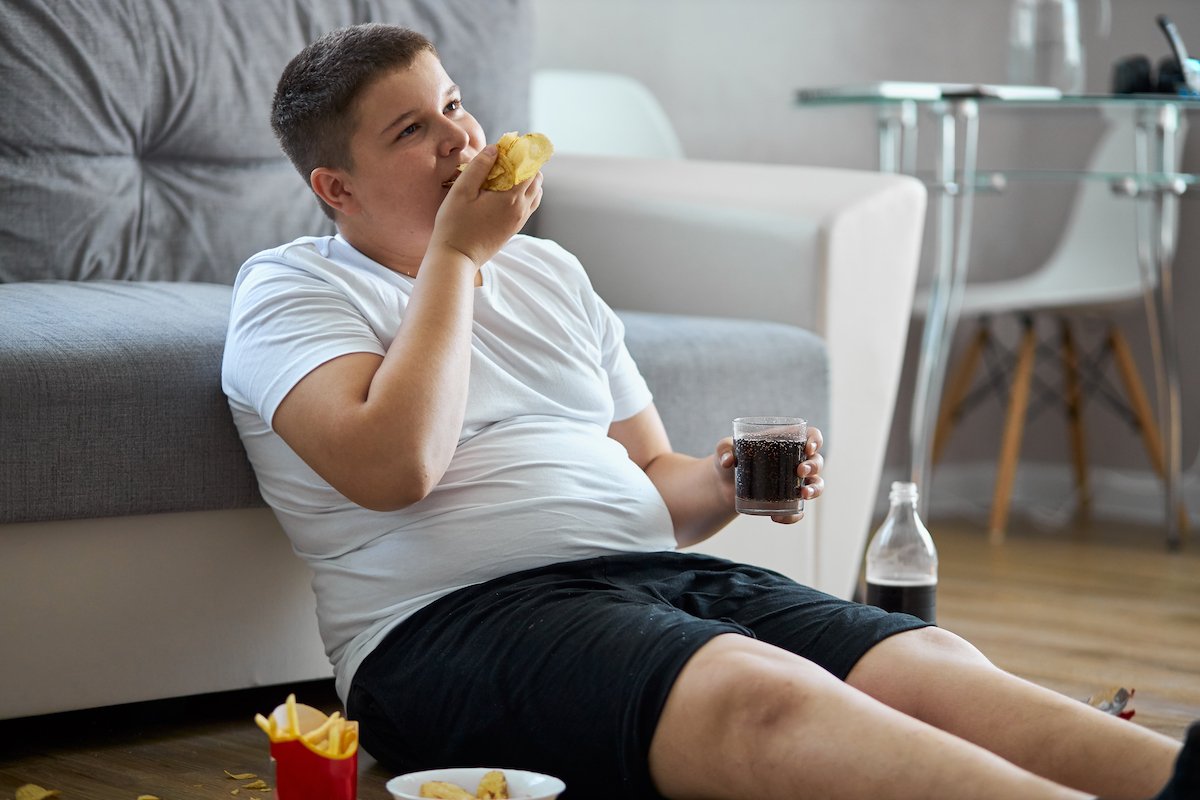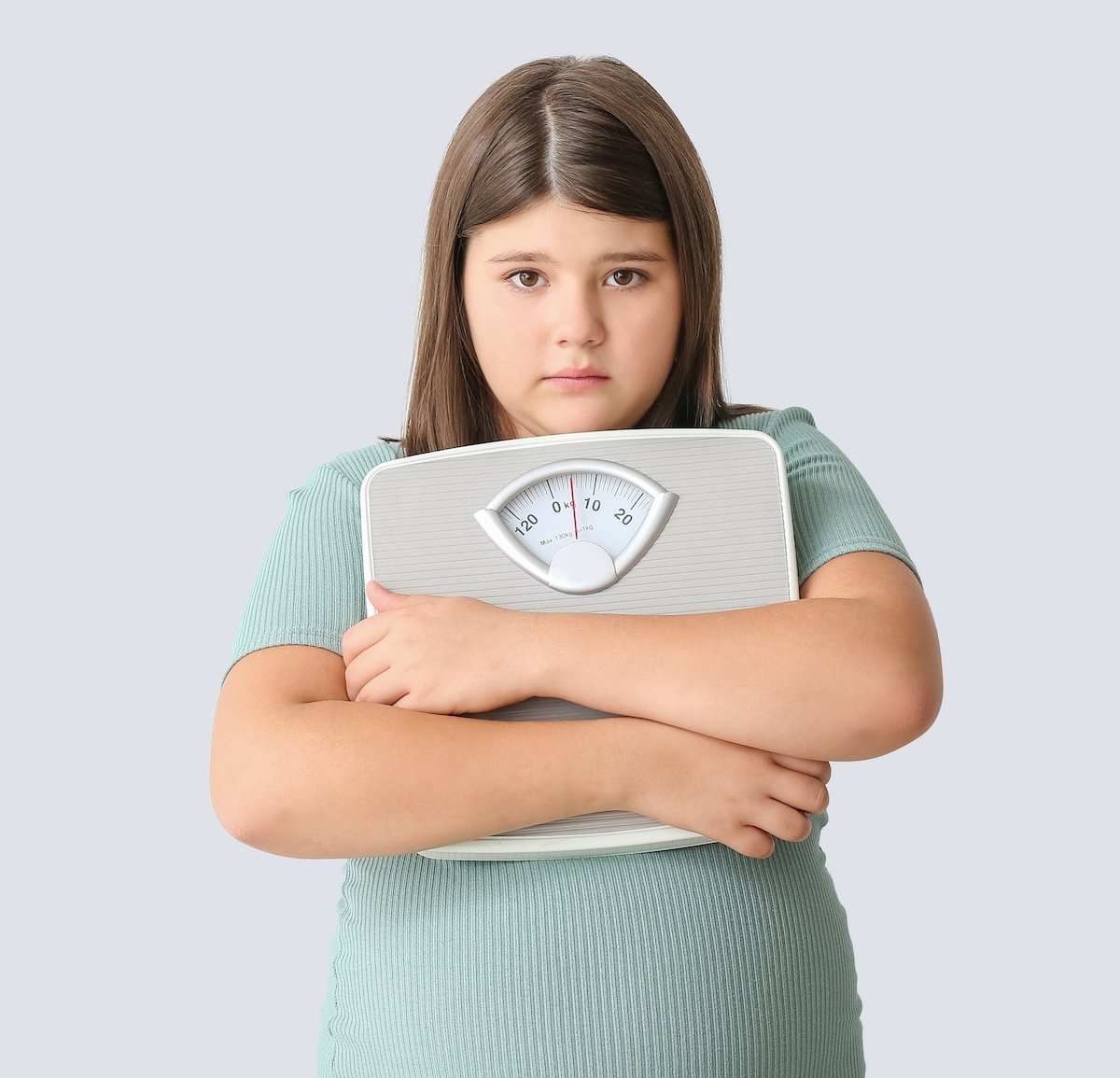Ultra-processed foods (UPFs) lawsuits are claims for compensation by children diagnosed with fatty liver disease and/or type 2 diabetes after regularly consuming UPFs. We allege that the food manufacturers knowingly designed these foods to be addictive and marketed them to children.
Shouse Law Group represents UPF victims throughout the United States. Our lawyers are demanding that the food companies compensate our clients for medical bills, lost future earnings, and pain and suffering.
Our UPF lawyers bring each claim individually. However, at some point these lawsuits may join together into a multidistrict litigation (MDL). This expedites negotiations and settlements.
You may qualify to join our ultra-processed foods litigation if you meet the following two conditions:
- Your child has regularly consumed ultra-processed foods; and
- Your child has fatty liver disease and/or Type 2 diabetes.

In this article, our mass tort attorneys will address the following key issues regarding ultra-processed foods lawsuits:
- 1. What are UPFs?
- 2. Dangers of UPFs
- 3. Grounds for Lawsuits
- 4. Defendants
- 5. Compensation
- 6. Do I need a lawyer?
1. What are UPFs?
Ultra-processed foods (UPFs) are foods that are industrially manufactured and infused with artificial ingredients such as food dyes, preservatives, and sweeteners. UPFs are also often high in hydrogenated fats, oils, sugar, salt, and starch.
The purpose of these additives is not only to increase shelf life and enhance the taste but also to make them addictive. Even worse, they are often “empty calories” devoid of vitamins and nutrients.
Common examples of UPFs include:
- cereals,
- prepackaged foods such as potato chips, cookies, candy bars, and cakes,
- fast foods,
- sodas,
- microwaveable meals, and
- hot dogs.
Ultra-processed foods are more dangerous than simply processed foods. Like UPFs, processed foods often contain extra salt, oil, and sugar, but they have fewer ingredients than UPFs. Examples include canned fruit in syrup and canned vegetables.
The ideal diet consists of mostly unprocessed foods. Examples include whole vegetables and fruits, whole grains, and legumes.1

UPFs are often very addictive to consumers.
2. Dangers of UPFs
Studies strongly suggest a link between eating ultra-processed foods and Type 2 diabetes and/or non-alcoholic fatty liver disease (NAFLD). In fact, 10% of children suffer from NAFLD.2
In addition, consumption of UPFs can increase the risk of:
- obesity,
- dental misalignment and jaw underdevelopment,
- irritable bowel disease,
- heart disease,
- stroke,
- dementia,
- mental health disorders,
- cancer, and/or
- early death.
Studies show that children obtain half or more of their energy from UPFs. Meanwhile, doctors recommend that children avoid UPFs completely or only have them as an occasional treat.3

UPF consumption can lead to serious health issues.
3. Grounds for Lawsuits
Ultra-processed foods lawsuits allege that the food manufacturers committed:
- negligence for creating highly addictive, unhealthy foods,
- deceptive/fraudulent practices in marketing UPFs, and
- failure to warn about the health risks of UPFs.
Not only do the manufacturers intentionally produce unhealthy foods that are also addictive, they also use aggressive marketing – like cartoon mascots – to attract children to begin with. Once children fall prey to the UPF pipeline, they stand little chance of escaping because they constantly crave and become dependent on UPFs.
In short, the food manufacturers prize profit over public health, causing powerless children to be harmed. The current MAHA (Make America Healthy Again) movement is shining a light on this issue and may increase the odds of the lawsuits’ success.4

UPF manufacturers target children in ads.
4. Defendants
The ultra-processed foods lawsuits are targeting such food manufacturers as:
- Coca-Cola Company
- Conagra Brands, Inc.
- General Mills, Inc.
- Kellanova
- Kraft-Heinz Company, Inc.
- Mars Incorporated, Inc.
- Mondelez International, Inc.
- Nestle U.S.A., Inc.
- Pepsico, Inc.
- Post Holdings, Inc.
- WK Kellogg Co.

UPF victims stand to recover significant monetary damages.
5. Compensation
Through ultra-processed foods lawsuits, we aim to compensate victims for their:
- past and future medical expenses,
- loss of future earnings due to being too ill to work,
- pain and suffering and emotional distress, and/or
- any other related expenses.
Since the victims are children who have decades of medical needs ahead of them, we intend to fight for the largest settlements possible under the law.

Childhood obesity is a growing epidemic.
6. Do I need a lawyer?
Suing giant food conglomerates for making ultra-processed foods is a novel area of the law, and you should rely on experienced counsel to guide you through this process. Your team of lawyers will:
- collect all necessary medical records and other relevant evidence,
- compose all court paperwork and motions and file them by the deadline, and
- negotiate aggressively with the food manufacturers for the highest payout possible.
Therefore you can concentrate on caring for your child while knowing your attorneys are fighting to help provide for their future.
Some states have very short statutes of limitations, only a year or two. Therefore, do not delay in contacting us for a free consultation today.
Legal References
- Katherine D. McManus, What are ultra-processed foods and are they bad for our health?, Harvard Health Publishing (January 9, 2020).
- Srour B, Fezeu LK, Kesse-Guyot E, et al. Ultraprocessed Food Consumption and Risk of Type 2 Diabetes Among Participants of the NutriNet-Santé Prospective Cohort. JAMA Intern Med. 2020;180(2):283–291. doi:10.1001/jamainternmed.2019.5942 (“This observational prospective study of 104 707 participants found that a higher proportion of ultraprocessed foods in the diet was associated with a higher risk of T2D.”). Zhangling Chen, Neha Khandpur, Clémence Desjardins, Lu Wang, Carlos A. Monteiro, Sinara L. Rossato, Teresa T. Fung, JoAnn E. Manson, Walter C. Willett, Eric B. Rimm, Frank B. Hu, Qi Sun, Jean-Philippe Drouin-Chartier; Ultra-Processed Food Consumption and Risk of Type 2 Diabetes: Three Large Prospective U.S. Cohort Studies. Diabetes Care 1 July 2023; 46 (7): 1335–1344. https://doi.org/10.2337/dc22-1993 (“High-quality meta-evidence shows that total UPF consumption is associated with higher T2D risk.”). Duan, MJ., Vinke, P.C., Navis, G. et al. Ultra-processed food and incident type 2 diabetes: studying the underlying consumption patterns to unravel the health effects of this heterogeneous food category in the prospective Lifelines cohort. BMC Med 20, 7 (2022). https://doi.org/10.1186/s12916-021-02200-4 (“The heterogeneity of UPF as a general food category is reflected by the discrepancy in associations between four distinct UPF consumption patterns and incident type 2 diabetes.”). Laura Sol Grinshpan, Sigal Eilat-Adar, Dana Ivancovsky-Wajcman, Revital Kariv, Michal Gillon-Keren, Shira Zelber-Sagi,
Ultra-processed food consumption and non-alcoholic fatty liver disease, metabolic syndrome and insulin resistance: A systematic review, JHEP Reports, Volume 6, Issue 1,2024, 100964, ISSN 2589-5559, https://doi.org/10.1016/j.jhepr.2023.100964. (https://www.sciencedirect.com/science/article/pii/S2589555923002951) (“[C]urrent evidence indicates that UPF is not only associated with obesity and type 2 diabetes but may also be a risk factor for NAFLD[.]”). Ariana Eunjung Cha, Fatty liver was a disease of the old. Then kids started getting sick, Washington Post (October 3, 2023). - Srour B, Fezeu LK, Kesse-Guyot E, Allès B, Méjean C, Andrianasolo RM, Chazelas E, Deschasaux M, Hercberg S, Galan P, Monteiro CA, Julia C, Touvier M. Ultra-processed food intake and risk of cardiovascular disease: prospective cohort study (NutriNet-Santé). BMJ. 2019 May 29;365:l1451. doi: 10.1136/bmj.l1451. PMID: 31142457; PMCID: PMC6538975 (“[H]igher consumption of ultra-processed foods was associated with higher risks of cardiovascular, coronary heart, and cerebrovascular diseases.”).
Hall KD, Ayuketah A, Brychta R, Cai H, Cassimatis T, Chen KY, Chung ST, Costa E, Courville A, Darcey V, Fletcher LA, Forde CG, Gharib AM, Guo J, Howard R, Joseph PV, McGehee S, Ouwerkerk R, Raisinger K, Rozga I, Stagliano M, Walter M, Walter PJ, Yang S, Zhou M. Ultra-Processed Diets Cause Excess Calorie Intake and Weight Gain: An Inpatient Randomized Controlled Trial of Ad Libitum Food Intake. Cell Metab. 2019 Jul 2;30(1):67-77.e3. doi: 10.1016/j.cmet.2019.05.008. Epub 2019 May 16. Erratum in: Cell Metab. 2019 Jul 2;30(1):226. doi: 10.1016/j.cmet.2019.05.020. Erratum in: Cell Metab. 2020 Oct 6;32(4):690. doi: 10.1016/j.cmet.2020.08.014. PMID: 31105044; PMCID: PMC7946062 (“Hall et al. investigated 20 inpatient adults who were exposed to ultra-processed versus unprocessed diets for 14 days each, in random order. The ultra- processed diet caused increased ad libitum energy intake and weight gain despite being matched to the unprocessed diet for presented calories, sugar, fat, sodium, fiber, and macronutrients”). Wang L, Martínez Steele E, Du M, Pomeranz JL, O’Connor LE, Herrick KA, Luo H, Zhang X, Mozaffarian D, Zhang FF. Trends in Consumption of Ultraprocessed Foods Among US Youths Aged 2-19 Years, 1999-2018. JAMA. 2021 Aug 10;326(6):519-530. doi: 10.1001/jama.2021.10238. PMID: 34374722; PMCID: PMC8356071 (“”). Chen ZH, Mousavi S, Mandhane PJ, Simons E, Turvey SE, Moraes TJ, Subbarao P, Miliku K. Ultraprocessed Food Consumption and Obesity Development in Canadian Children. JAMA Netw Open. 2025 Jan 2;8(1):e2457341. doi: 10.1001/jamanetworkopen. 2024.57341. PMID: 39888617; PMCID: PMC11786234 (“In this cohort study of Canadian children, high UPF consumption during early childhood was associated with obesity development, primarily in males.”). Ultra-processed foods cause dental deformities in young children, study finds, Jerusalem Post (January 22, 2025).
- Lawsuit accuses major food companies of marketing ‘addictive’ food to kids, CNN (December 11, 2024)(“The lawsuit was filed in the Philadelphia Court of Common Pleas by Bryce Martinez, a Pennsylvania resident who alleges he developed type 2 diabetes and non-alcoholic fatty liver disease, diagnosed at age 16, as a result of consuming the companies’ products.”).
